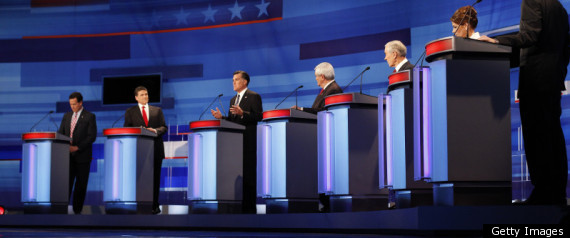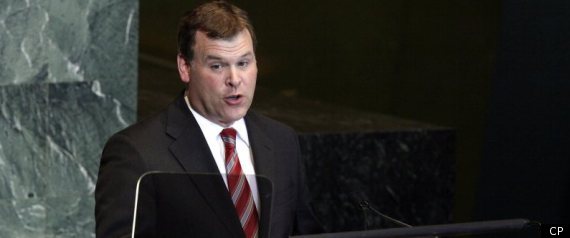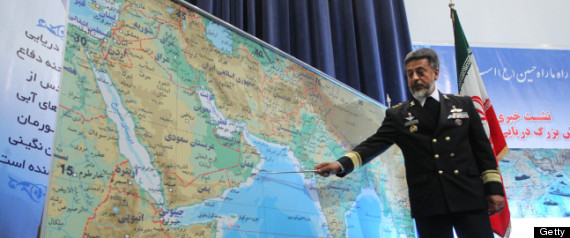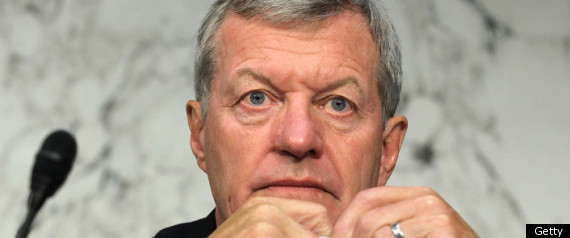 WASHINGTON -- Four of the seven Republican presidential candidates reaffirmed their pro-life positions and pledged to protect fetal "personhood" both legislatively and constitutionally Tuesday night.
WASHINGTON -- Four of the seven Republican presidential candidates reaffirmed their pro-life positions and pledged to protect fetal "personhood" both legislatively and constitutionally Tuesday night. Former House speaker Newt Gingrich, former Sen. Rick Santorum (R-Pa.), Rep. Michele Bachmann (R-Minn.) and Texas Gov. Rick Perry participated in the "pro-life teletown hall" organized by Personhood USA and other pro-life groups. The call came less than a week before the Jan. 3 Iowa Republican caucus, where anti-abortion and Christian voters are expected to play a significant role. More than 40,000 largely anti-abortion listeners tuned in on the radio or called in to the forum, according to the organizers.
The candidates took questions from some of the listeners as well as from Personhood USA's CEO Keith Mason, while syndicated conservative radio host Steve Deace served as moderator of the forum, which was broadcast on his program and 88 radio stations nationwide.
Personhood USA is best known as the group whose pledge requires that signors "defend all innocent human life," and reaffirm that "Abortion and the intentional killing of an innocent human being are always wrong and should be prohibited." The four candidates who participated in the call have all signed the pledge, as has Rep. Ron Paul (R-Texas), who issued a controversial clarification to his signing. Two candidates, former Massachusetts Gov. Mitt Romney and former Utah Gov. Jon Huntsman, have not signed the pledge.





